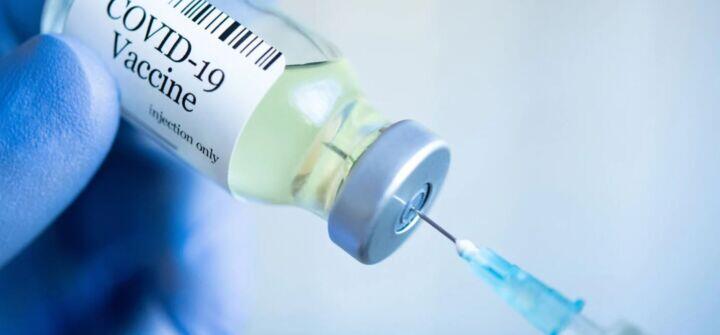If you’ve been vaccinated against COVID-19, your protectionTrusted Source against the novel coronavirus may decrease over time, especially with the introduction of new variants.

The Centers for Disease Control and Prevention (CDC) currently recommends COVID-19 vaccine boosters for everyone ages 12 years and older. In addition, the Food and Drug Administration saysTrusted Source a second booster dose of the Pfizer-BioNTech or the Moderna COVID-19 vaccine can be given to people 50 years of age and older at least 4 months after getting their first booster dose.The agency also recommends that some immunocompromised people 12 years and older get a second booster 4 months after their first one.The National Institutes of Health says mixing vaccines may enhance immune response.They add that mixing vaccines can also increase flexibility when doses of one particular vaccine are not readily available.
What Experts Have to say
Dr. MIchael Daignault, an emergency room physician and the chief medical advisor at Reliant Health Services, says there might be an advantage to mixing and matching mRNA vaccines, but we don’t have enough data to say for certain yet.
“I think the more important question is not which second booster you should get, but do you really need it at this point?” he told Healthline.
Daignault recommends those who are severely immunocompromised, such as solid organ transplant patients, get a second booster of an mRNA vaccine.
He adds that people who have contracted COVID-19 and have received initial vaccine doses may not need an additional booster shot at this time.
“Those who had two doses of any combination of vaccines and who have had a breakthrough COVID infection recently, likely with Omicron (whether its BA.1 or BA.2), do not need an additional booster,” Daignault said.
“The infection is the booster. This is hybrid immunity and is the strongest form of immunity,” he explained.Other experts are also questioning the need for second boosters. “The need for [additional] boosters at this point seems a little unclear,” said Dr. Erika Schwartz, an author and the founder of Evolved Science.
“As such, while studies are being conducted, we are best advised to take better care of ourselves, stay home if sick, sleep 8 hours a night, drink lots of water, stay physically active, and try to relax,” Schwartz said.
Dr. Ezell Askew, a medical specialist forVIP Star Network, a leading provider of COVID-19 social services, has a different perspective.“Despite the effectiveness of any one vaccine, the global response is still limited by supply chain availability. So, the idea of mixing boosters is now being considered because it would address this problem,” Askew told Healthline.
what to know if you are above 50
Daignault points to a 2021 study based on data from Israel, which started giving fourth doses to people 60 to 100 years old in January.”it showed that those with a second booster had a lower chance of severe illness for up to 6 weeks afterward, but only minimal added protection against infection, which quickly waned,” he said.
Daignault added that while the data compared two groups – those who only have had a first booster to those who got a second booster – the study authors didn’t control for demographics, comorbid conditions, or behaviors. The bottom line, says Daignault, is that a second booster can be given to older high-risk adults (perhaps 80 years and older), but there’s no clear evidence that vaccine protection against severe disease is waning in adults under the age of 80.He advises that you talk with your healthcare professional about a second booster because they have your full medical history and understand your overall risk.
Support InfoStride News' Credible Journalism: Only credible journalism can guarantee a fair, accountable and transparent society, including democracy and government. It involves a lot of efforts and money. We need your support. Click here to Donate
